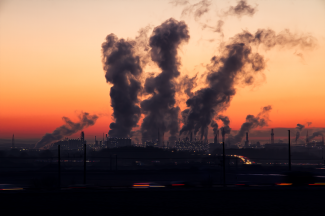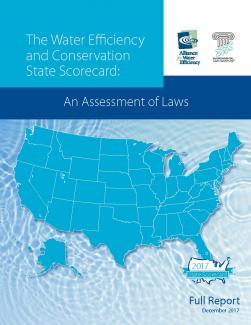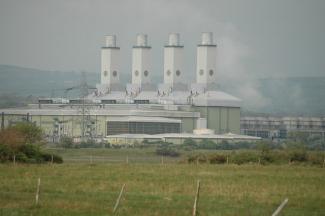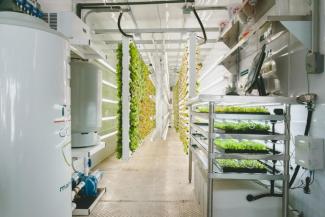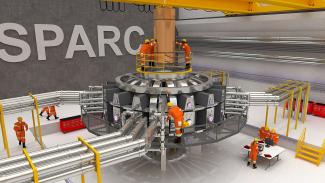Wednesday, March 21, 2018
“Anti-environmentalism is a mark of identity,” says Fred Rich, author of Getting to Green: Saving Nature: A Bipartisan Solution. “It is a mark of what it is to be a conservative.” With fossil fuel companies continuing to fund GOP politicians and a president who has called global warming a “hoax,” there are legitimate concerns that environmental issues will continue to polarize. The Republican 2016 Party platform described the United Nations’ Intergovernmental Panel on Climate Change as “a political mechanism,” rejecting the “agendas” of the Kyoto Protocol and Paris Agreement. In spite of this political climate, several politicians, from congressmen to state governors, and city mayors, are making bipartisan efforts to combat climate change. In doing so, they are not only showing that environmental sustainability and economic growth can go hand-in-hand, but that these measures receive support from voters across the political spectrum.
